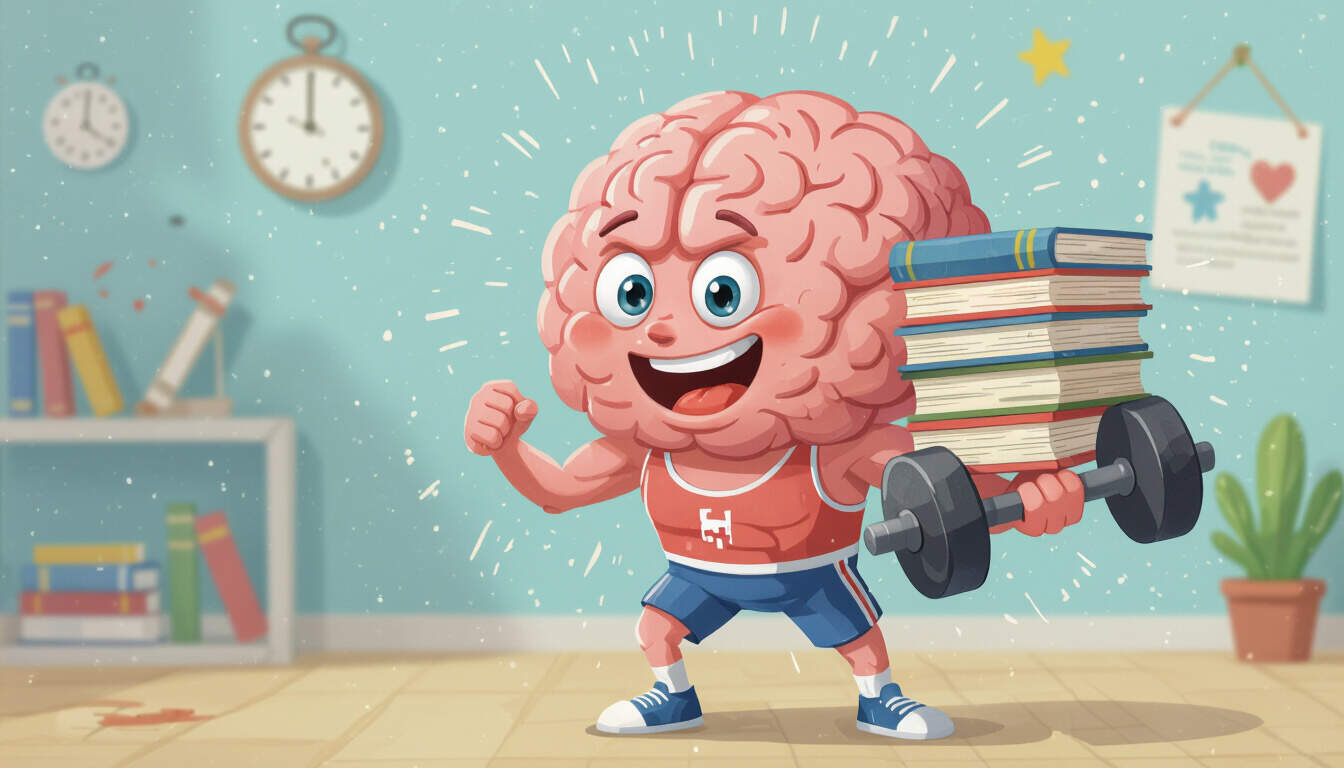The Growth Mindset: A Key to Personal and Professional Development
 by Lilian Nienow
by Lilian Nienow
The growth mindset represents a transformative approach to learning and challenges, emphasizing that abilities can improve through effort. This concept, rooted in psychology, offers tools for cognitive development and business success, helping individuals build resilience and achieve long-term goals.

The growth mindset is an essential concept in psychology that influences how people approach challenges and learning. This idea suggests that intelligence and talents are not fixed traits but can develop over time with consistent effort.
In contrast, a fixed mindset assumes that abilities are static and unchangeable, which can limit potential. For example, someone with a growth mindset might see failures as opportunities for improvement, while others might avoid risks altogether.
This difference plays a significant role in cognitive development. Research shows that adopting a growth mindset leads to better problem-solving skills and increased motivation. Individuals who embrace this approach often experience greater satisfaction in their personal lives.
In business strategies, the growth mindset fosters innovation and adaptability. Leaders who encourage this in their teams can create environments where creativity thrives. For instance, companies that prioritize learning from setbacks tend to outperform competitors in dynamic markets.
To cultivate a growth mindset, start with small, deliberate practices. One effective method is to reframe challenges as learning experiences. Keeping a journal of progress can help track improvements and maintain focus.
Benefits in Daily Life
Applying a growth mindset in everyday situations can lead to profound changes. In education, students with this perspective are more likely to persist through difficult subjects. Teachers can support this by providing constructive feedback that emphasizes effort over innate ability.
Professionally, it aids in career advancement. Employees who view feedback as a tool for growth often seek out new responsibilities and skills. This proactive attitude can result in promotions and new opportunities.
Practical Applications
Here are some steps to integrate this mindset into routines:
- Set specific, achievable goals to build confidence.
- Surround yourself with supportive peers who encourage progress.
- Reflect on past experiences to identify lessons learned.
In psychology, studies highlight how a growth mindset correlates with emotional well-being. People who adopt it report lower levels of stress during tough times. This connection makes it valuable for lifelong learners seeking balance.
Real-world examples illustrate its impact. Athletes who train with a growth mindset often achieve higher performance levels through persistent practice. Similarly, entrepreneurs use it to pivot strategies based on market feedback.
Challenges and Overcoming Them
While adopting a growth mindset is beneficial, it requires effort to maintain. Distractions and setbacks can hinder progress, but recognizing these as temporary can help. Strategies like mindfulness exercises provide a foundation for resilience.
Building habits takes time, and consistency is key. Over time, these practices lead to noticeable changes in behavior and outcomes.
Long-Term Impact
Ultimately, embracing a growth mindset contributes to sustained success. It shapes how individuals handle uncertainty and fosters a lifelong commitment to learning. Whether in personal hobbies or professional pursuits, this approach opens doors to new possibilities.
By focusing on development, people can transform their experiences and achieve greater fulfillment.
